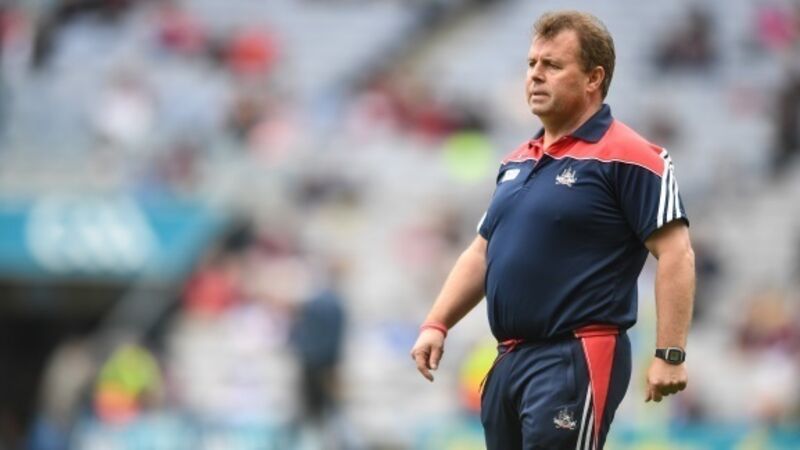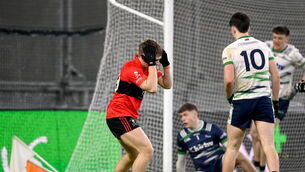Knockout approach just fine with Denis Ring

At a time when “too many” competitions provide second and third chances, Cork U20 hurling manager Denis Ring has stressed the importance of the U20 championship retaining its knockout format.
Hurling is a year behind football in making the drop from U21 to U20 and so this evening’s Munster quarter-final between Cork and Limerick at Páirc Uí Rinn (7.30pm) will be the first U20 hurling fixture played in the province. The prize at stake is a home semi-final against Clare next week, while for the vanquished, their season is at an end after just one hour of competitive fare.













